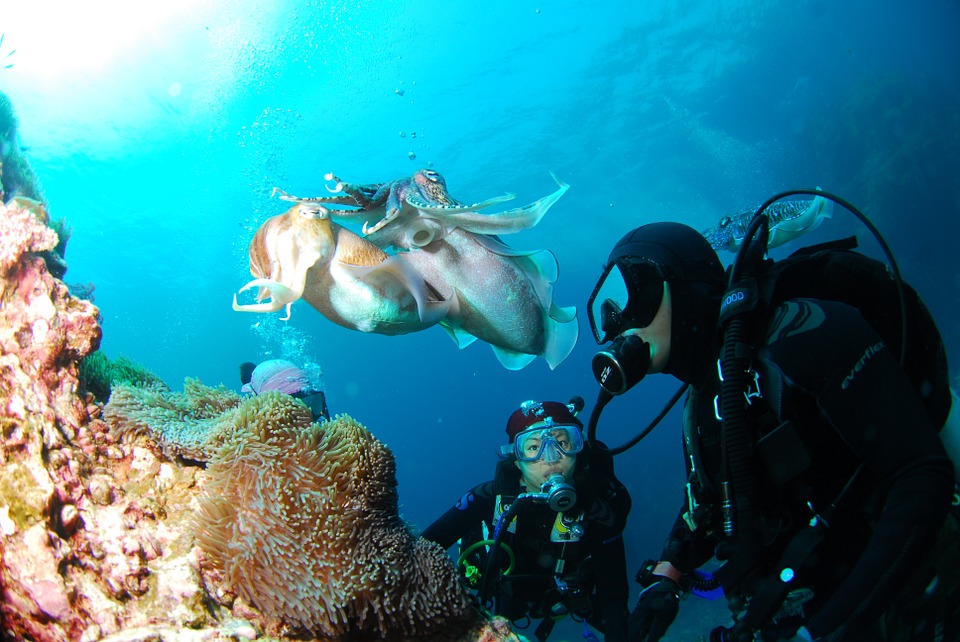22nd Nov 2017
Scuba Diver Safety: How to Ensure Protection While Enjoying the Waters

Part of the appeal of scuba diving is the risk associated with the sport. Adventure seekers are not just in to see beautiful marine creatures up close, but the pump of adrenaline on each ascent and descent gives them that thrill unique to scuba diving.
During entry level courses and every dive briefing, instructors remind us the causes and outcomes of possible accidents while diving. Divers are expected to have a basic understanding of how to avoid risky situations and the procedures to follow during such emergencies.
Even if the potential of danger seems high, data gathered through the years has proven that there are only 2-3 fatal accidents for every 100,000 dives. In short, diving is relatively safe as long as we follow proper procedures and react to situations sensibly. Although not exhaustive, below are some safety guides that can minimize the possibility of getting into accidents during a dive.
Always Apply Rule of Thirds
This rule is especially important during deep dives and when diving in strong currents or in cold weather. The gist of this rule based on scubadiverlife is that ‘a diver should designate a third of his or her air supply for the outward journey, a third for the return journey, and the final third as a safety reserve.”
Consider the possibility of having a slow ascent and a safety stop when calculating for the needed air. Plus, you have to think of your diving buddy too and not just your requirements. Will you be able to give enough oxygen when they need to be assisted all the way to the top? Always be on the side of caution for better protection.
Breathe Normally All the Time
The most basic, common rule of thumb that first time divers learn – never hold your breath! You might think it is moot, but the importance of this rule should not be undermined. As a reminder of Boyle’s Law, the air in our lungs will expand when ascending and contract when descending underwater. If you hold your breath, the excess air during these activities can no longer escape from your lungs and will get trapped inside. This can lead to serious damage because the lung will burst eventually. Just imagine how fatal can it get only because you forgot to breathe normally during a dive!
Be OC with Diving Gear
Even though you’ve already checked your diving equipment a thousand times before, you still have to go through them each and every dive. You also need to be sure that your diving buddy has done the same and you both are sure that everything is in place. If one of your partner’s diving gear malfunctions, it could mean a life-threatening problem for the both of you. Equally important is understanding fully how to use your equipment fully. Some accidents happen not because of gear malfunctions but because the diver was not able to use and operate it properly.
As you may notice in the above safety guides, staying safe while scuba diving can be pretty simple. With common sense, being proactive and proper preparation, the possible dangers are greatly reduced. By following these, you won’t just dive safely but will also be able to have fun and relax. After all, that’s why divers indulge in this water activity in the first place!
